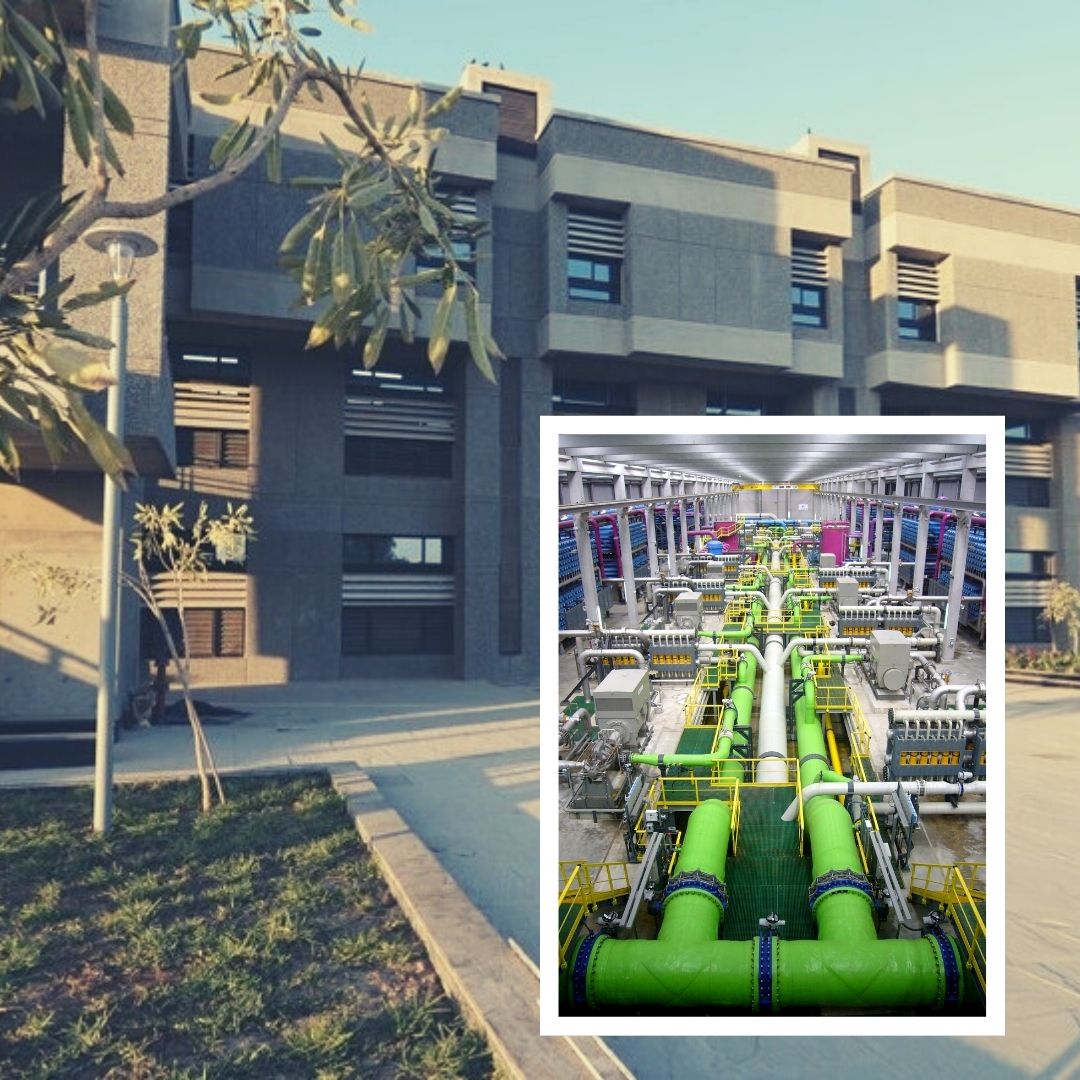
Credits: Wikipedia, IIT Gandhinagar
IIT Gandhinagar Develops Affordable, Ecofriendly Water Desalination Technique For Seawater
Writer: Devyani Madaik
A media enthusiast, Devyani believes in learning on the job and there is nothing off limits when it comes to work. Writing is her passion and she is always ready for a debate as well.
Gujarat, 8 Feb 2022 10:15 AM GMT
Editor : Shiva Chaudhary |
A post-graduate in Journalism and Mass Communication with relevant skills, specialising in content editing & writing. I believe in the precise dissemination of information based on facts to the public.
Creatives : Devyani Madaik
A media enthusiast, Devyani believes in learning on the job and there is nothing off limits when it comes to work. Writing is her passion and she is always ready for a debate as well.
The team came up with the innovation to address the issue of shrinking freshwater resources and rising demand for potable water sources. The technique was inspired by the natural water intake by trees, using the capillary effect.
Researchers of the Indian Institute of Technology (IIT) Gandhinagar have developed an affordable and environment-friendly water desalination technique to make seawater potable for drinking. The team came up with the innovation to address the issue of shrinking freshwater resources and rising demand for potable water sources.
With natural processing, the technique will remove around 99 percent of salt ions and other impurities. The researchers claim the method to be first-of-its-kind to controllably manipulate graphite, without damaging its structural integrity, inside aqueous solutions, Financial Express reported. The study has been published in the international journal 'Nature Communications.
Motivation Behind Innovation
The technique was inspired by the natural water intake by trees, using the capillary effect. The procedure can also be useful in designing filters for gas purification, chemical separation, recovery of precious metal from waste, etc.
Speaking to the media, Physics and Materials Engineering Asst Prof, Gopinadhan Kalon said that idea was to address the issue of rising population and energy demands that has put pressure on clean sources of water. Besides, the expense one has to bear is another concern.
Kalon said the conventional reverse osmosis method for desalination is expensive and waste more water. "It highly energy-intensive, which requires hydrostatic pressures of 60-80 bar," Kalon was quoted as saying.
The New Innovation
The professor said that their controllable water transport channels were made in graphite crystal with an electric field and potassium chloride ions. This blocks the salt ions and allows only freshwater to move through the crystal. Taking inspiration from the trees' water intake, the team used the capillary process, which saves energy and does not require external pressure for evaporation of water.
The team is now working on creating a water filter that will be a direct point of use for accessing potable seawater.
Also Read: PM-CARES First Year Collection Over Rs 10,000 Cr, Spent Only 36%: Report
 All section
All section














